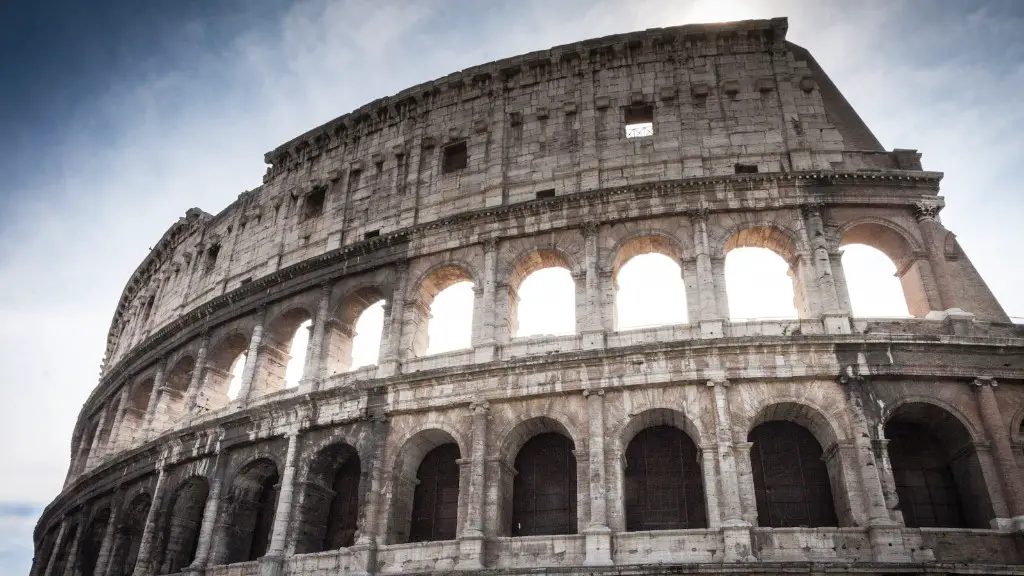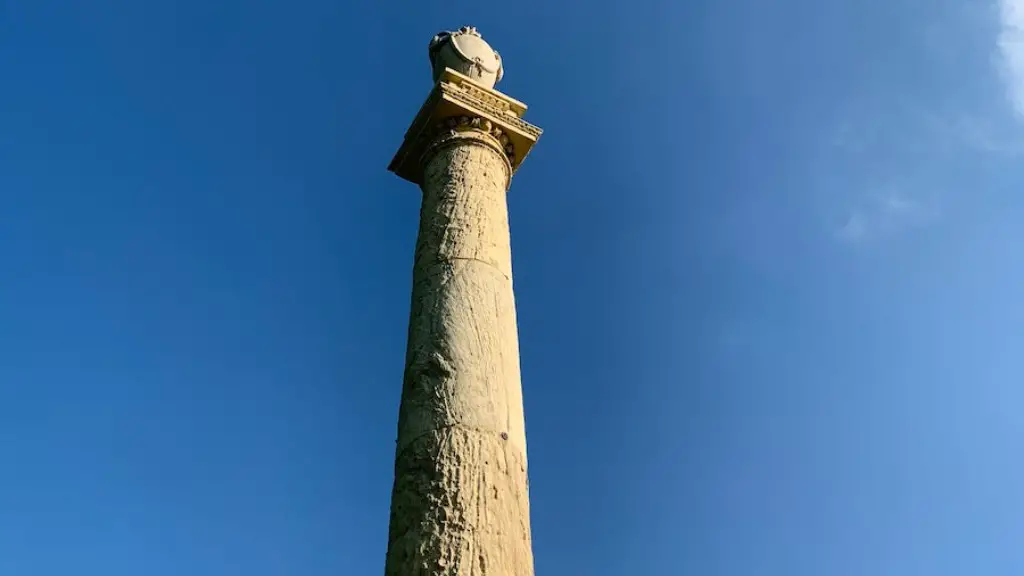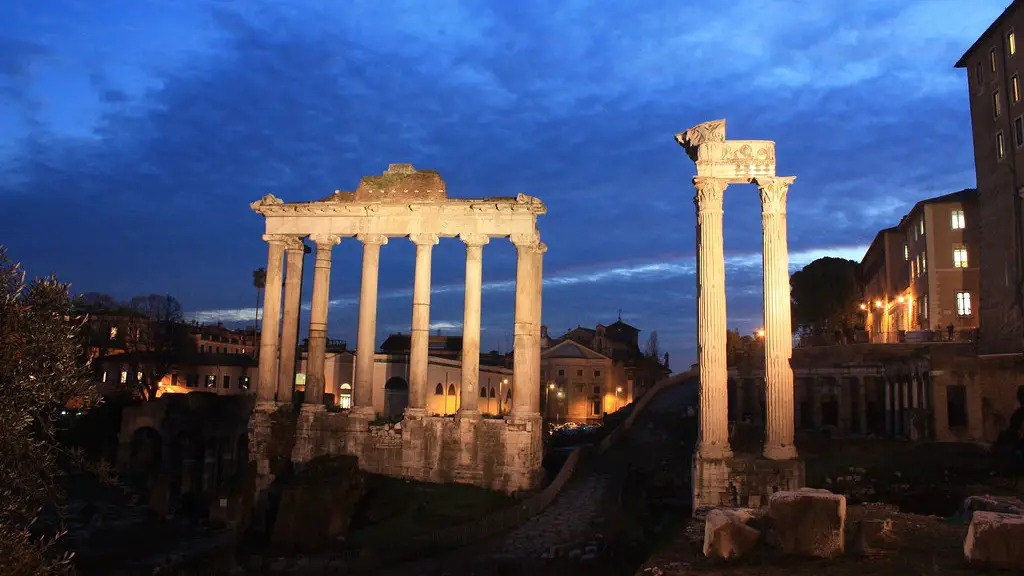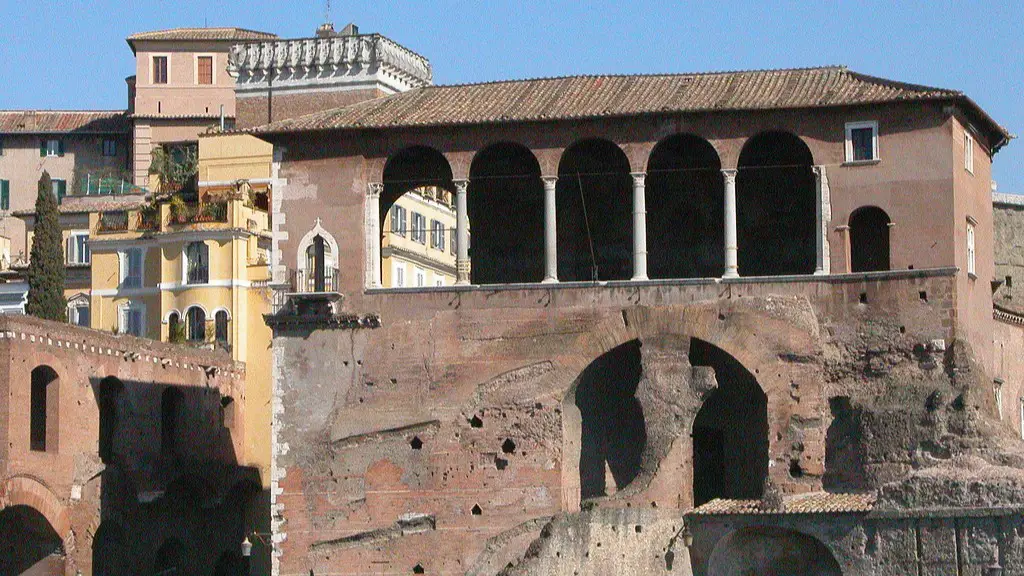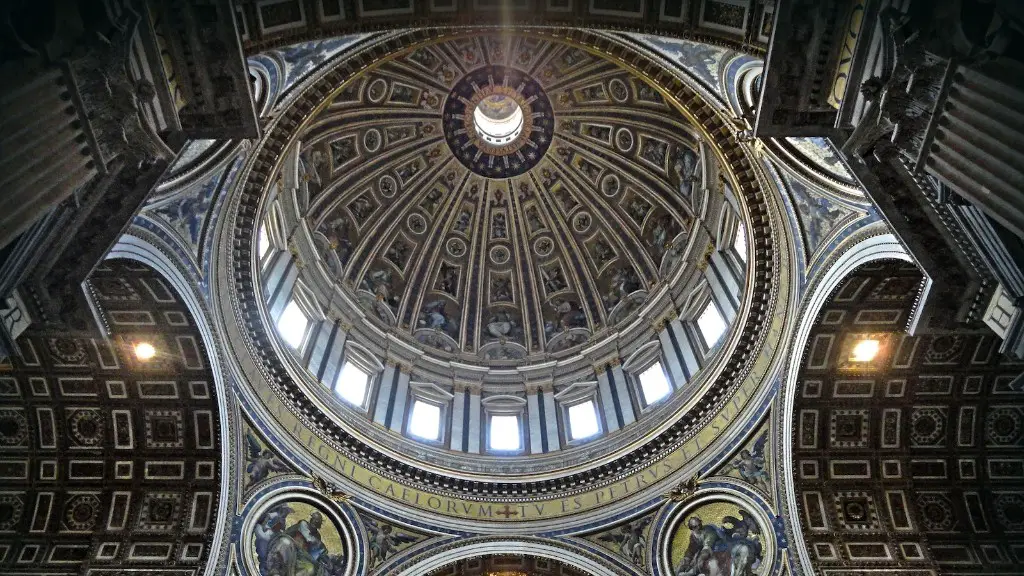Overview of Julius Caesar
Julius Caesar’s has been recognized and studied by historians for centuries. He was a Roman politician and general, who significantly changed the face of Ancient Rome. But who was Julius Caesar and why was he important?
In the area of modern-day Italy, Julius was born as Gaius Julius Caesar in the year 100 BC. His father, Gaius Julius Caesar, was an influential patrician, member of the Senate, and governor of Asia Minor, while his mother, Aurelia Cotta, belonged to a well-respected family.
As a young man, Julius quickly rose through the ranks of Roman politics and the military, thanks to his sharp wit, cunning, and charisma. His early political career began at the age of 15 in 82 BC, when he was chosen as a flaminate and King of the Sacred Rites.
Julius became a well-known leader by the age of 40, a dramatically quick ascent for a man who had started in the Roman Senate with mediocre success. His rise to power made Julius the most powerful figure in Rome and the Roman army, a position he would hold for the rest of his life.
Julius Caesar and the Roman Republic
The Republic of Rome had been in a state of political flux since its inception, decades before Julius Caesar had taken power. Prior to Julius’ arrival, the Senate had already shown signs of disorganization, with the political rights of the Roman people heavily eroded from the Republic’s inception in 509 BC.
When Julius Caesar rose to power, he quickly moved to increase Rome’s legitimacy with its own people by using his personally popular appeal and charisma to expand rights and reduce political corruption. He enacted sweeping reforms to the Roman legal system and worked to restore the power of the people in politics.
In addition, Julius increased the size and power of the Roman army, reorganizing troops to form the famous legions. He also pursued the Romanization of the territories he conquered, granting citizenship to those outside of Rome’s boundaries who wanted to join the Republic.
Julius was an advocate for the poorer classes of citizens and opened up the Senate to equestrians, the lower economic class of Roman citizens in the 1st century BC. He also introduced a fairer system of taxation and reduced class barriers.
The Gallic Wars
Julius began his career in the military during the Gallic Wars, in which he was victorious in three separate campaigns. His successes in the Gallic Wars made Julius a highly-revered figure, not only within Rome but throughout the areas that the Romans had conquered. He was nicknamed the “Conqueror of Gaul”.
Julius’ victory in the Gallic Wars established Roman control of modern-day France and the area surrounding it. This expanded the borders of the Roman Republic into what is today much of Europe.
Julius’ military successes solidified his power as ruler and brought with them new freedoms and rights for the Roman people. Julius was seen as a “god-like” figure and his image was used in sculptures and monuments throughout the region.
Julius’ Assassination
The Roman aristocracy and the Senate had long seen Julius as a threat to their own power, and feared his growing popularity. In 44 BC, a group of senators assassinated Julius, a political decision that shocked the world.
Despite his death, Julius’ influence on the Roman Republic and its people, as well as other regions of the world, would remain for generations. Though his reign was short, his impact on the future of Rome and its territories was immense, expanding and unifying the Roman Republic in unprecedented ways.
The Legacy of Julius Caesar
Julius Caesar is recognized in modern history as one of the most influential figures in ancient Rome and European history. His name has gone down in legend and he remains an often-studied figure in many college courses. Julius has also been the subject of countless books, plays, and films, with his story and character inspiring many people to this day.
His legacy is most evident in the way Julius changed the face of Roman politics and set Western Europe on a path that would eventually dominate the world in the centuries ahead. While Julius was an exceptionally powerful figure in the history of Ancient Rome, the effects of his rule continue to this day.
Impact of Julius on Education System
Due to Julius’s influential role in Ancient Rome, he is even mentioned in school curriculums and textbooks today. His influence on Western European culture and politics, continues to make him an important part of history. Schools throughout the world introduce children to Julius’s legacy from a young age.
In addition to learning about Julius’s most significant accomplishments, children also learn about what life was like during Ancient Rome. This includes exploring Roman customs, laws, language, architecture, foodways, as well as the political and military aspects of Julius’s life.
Through studies of Julius and Ancient Rome, children gain valuable knowledge of history, geography, and political systems, while also developing key life skills such as critical thinking and problem solving.
Conclusion
Julius Caesar is one of the most influential figures in Western European history. He set the groundwork for a unified Roman Republic, which was the template for many of the governments in Europe today. Julius’s military victories, reformations, and charisma led to a newfound respect for the Roman people and to an unprecedented expansion of the Roman Empire.
That influence continues to reverberate today, with Julius being heavily studied and discussed in education, popular culture, and politics. The impact Julius had on Ancient Rome and the world is a testament to his legacy, one which will continue to be remembered through the ages.
